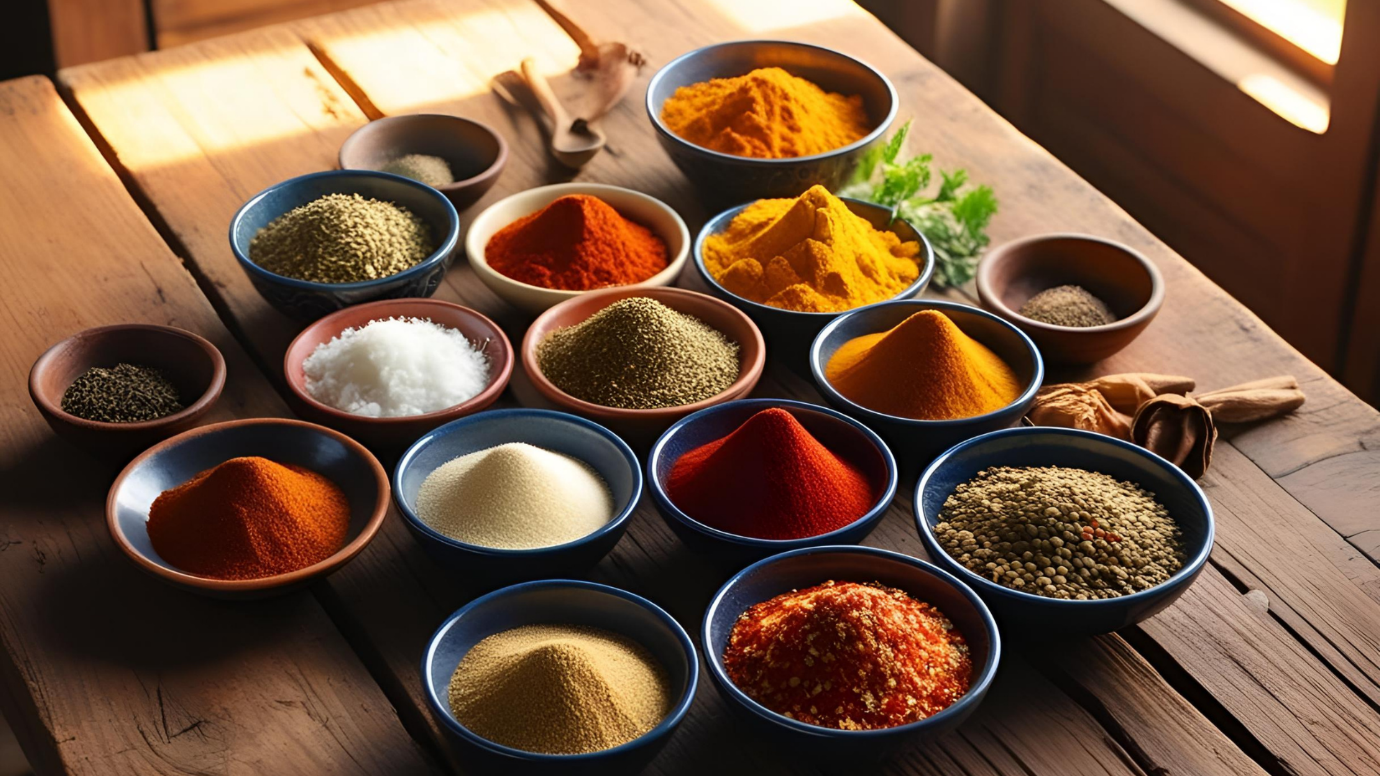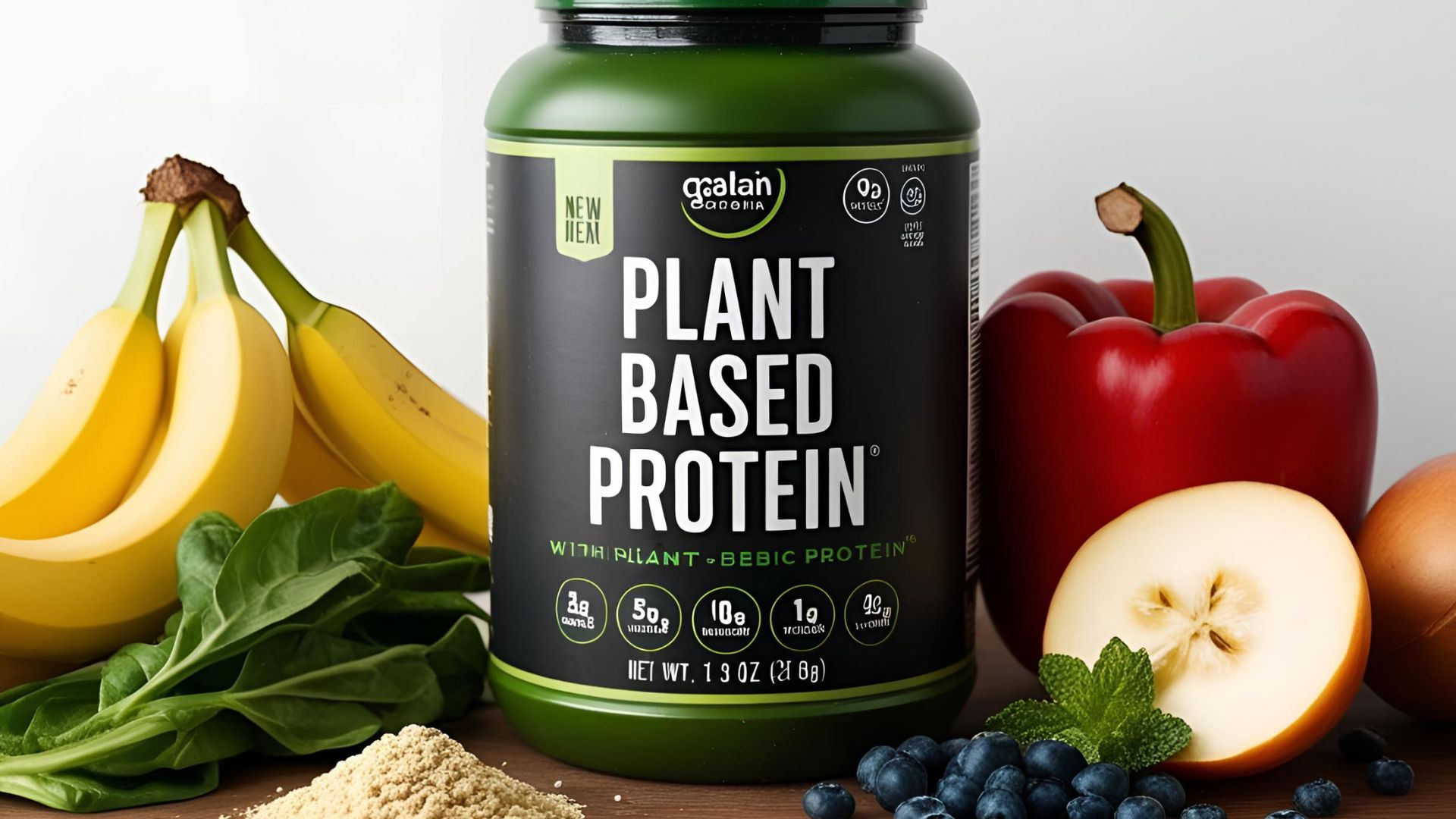Spices aren’t just yummy– they’re full of health-boosting stuff.
For hundreds of years, folks have used these natural healers to stay well, and now mainstream health trends are cottoning on to the everyday perks of ginger, turmeric and cinnamon.
Discover how these spices could make you feel good… while having a bit of fun!
Turmeric: The Golden Healer!
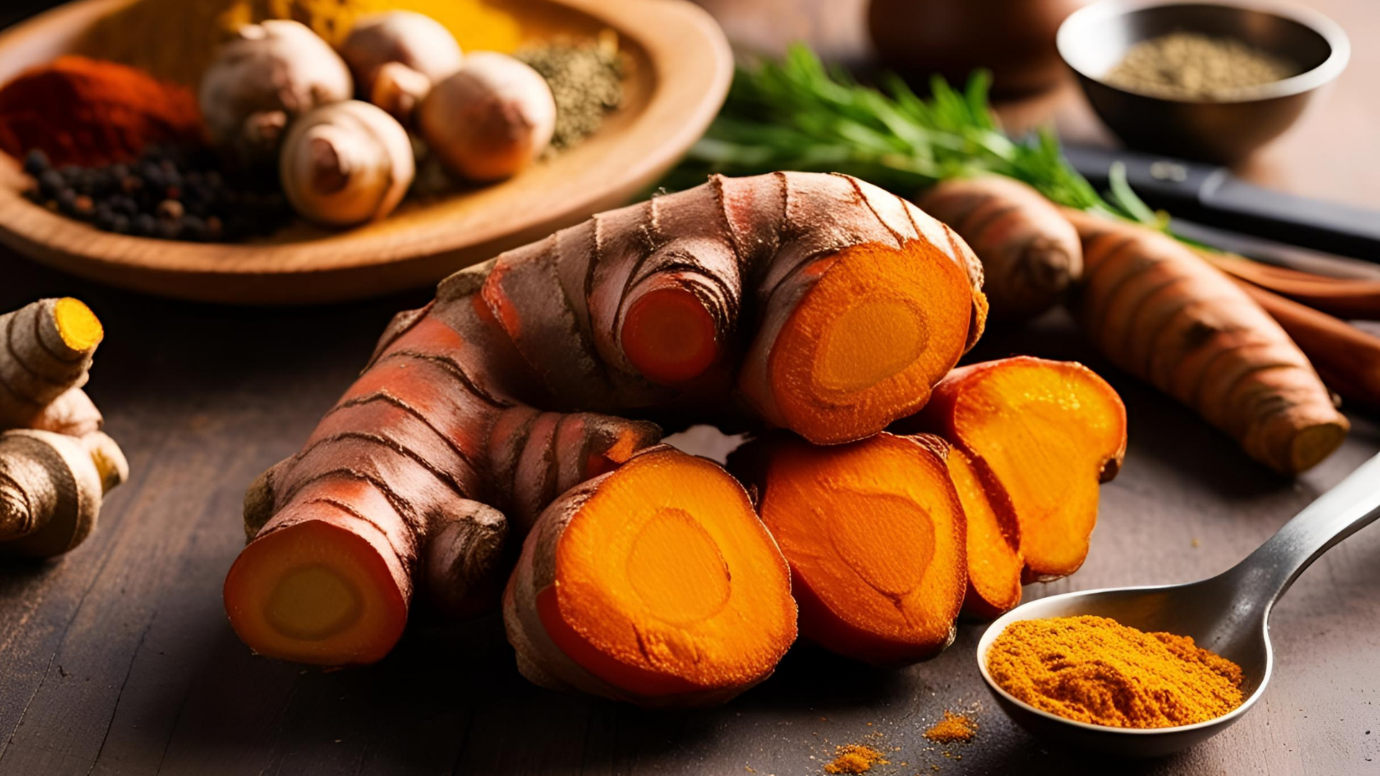
For ages, folks have depended on turmeric’s recovery abilities– found in both Ayurvedic and Traditional Chinese Medicine.
At the core of the plant’s power is curcumin: It battles oxidative stress as an anti-inflammatory.
a. Anti-Inflammatory Powerhouse
Curcumin in turmeric fights inflammation along many pathways.
So, the spice may help combat various ill health conditions– from Alzheimer’s disease and cancer to heart problems. To cut your risk, why not try adding it to dishes?
b. Boosting Brain Function
Research indicates curcumin may decrease cognitive decline risk by crossing the blood-brain barrier.
Additionally, this compound boosts levels of BDNF— a type of brain protein that helps new neurons form— suggesting it might prevent (or even reverse) several brain conditions.
c. Joint Health and Arthritis Relief
Turmeric provides arthritis sufferers with a natural option over regular drugs.
The spice’s anti-inflammatory properties can help ease joint pain while boosting their movement– meaning people dealing with chronic joint conditions may find their lives improve after adding turmeric to their diet.
How to Use Turmeric in Your Diet?
Incorporate turmeric into your daily routine for added versatility! Sprinkle onto vegetables prior to roasting; add to smoothies; or enjoy a turmeric latte as a warm treat.
Just one thing: turmeric’s beneficial compound curcumin can be hard for your body to absorb— unless you combine it with black pepper.
Ginger: The Root of Wellness!
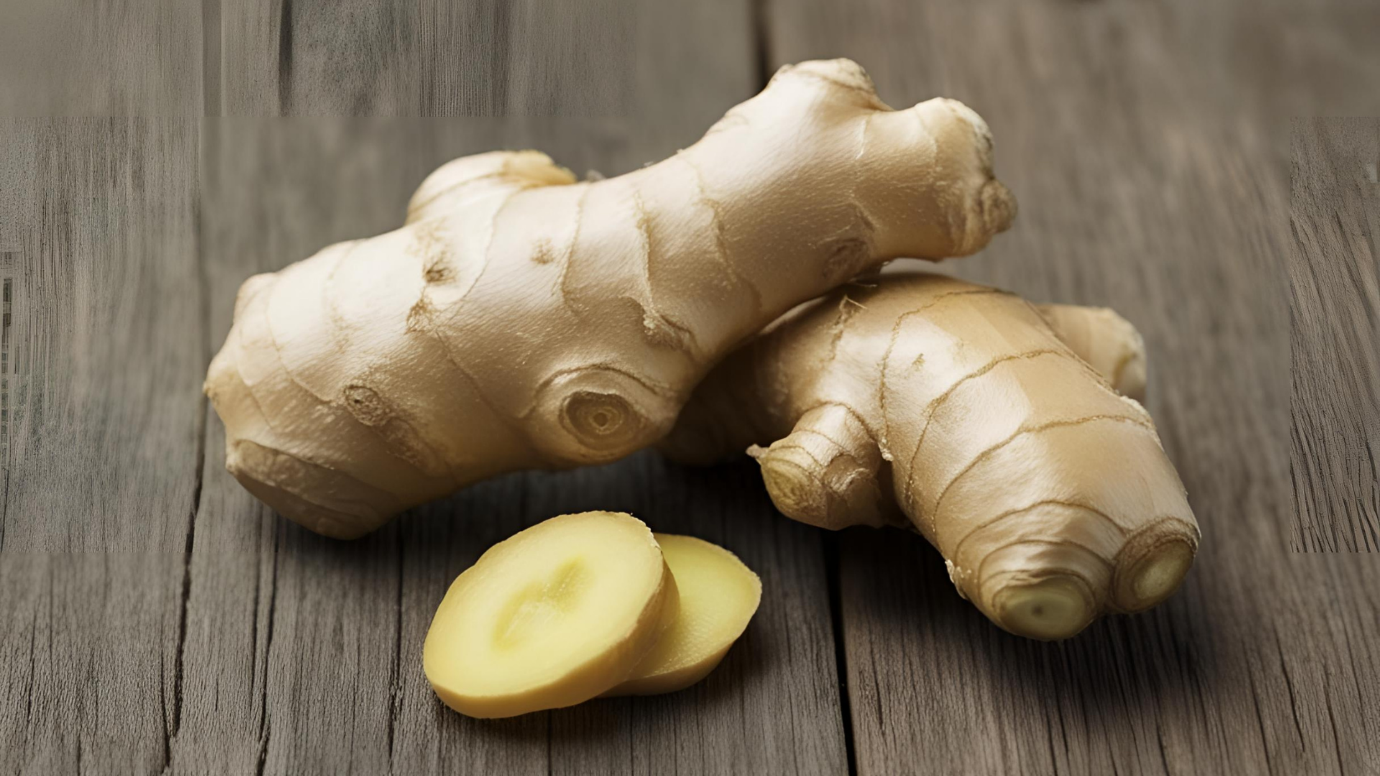
Ginger– revered for its medicinal properties- is a versatile spice known to have powerful physiological effects due to bioactive compounds like gingerol.
a. Digestive Aid
Ginger is famous for its positive effects on digestion. It calms the stomach, prevents vomiting and stomach gas, and thus promotes good digestion.
Have some tea with it, stir-fry, or simply take as a supplement and you will feel much better– you won’t have any problems with your intestines!
b. Anti-Nausea Properties
Ginger relieves morning sickness, motion sickness, and chemotherapy-induced nausea– with no side effects seen in most pharmaceutical options.
This natural remedy is preferred for treating all kinds of nausea!
c. Immune System Support
Ensure that you have a strong immune system by consuming ginger! The fact that it is anti-inflammatory and fights microbes shows that it can prevent common cold and flu infections.
Stay healthy throughout the year by adding this potent root in your daily plan.
d. Pain Relief and Anti-Inflammation
Ginger: a natural pain reliever! Especially good for menstrual cramps and muscle pain. Also helps people with chronic pain feel better, move more.
How to Use Ginger in Your Diet?
To add more flavor, include ginger in your soups, stir-fries or smoothies. It can be refreshing taking ginger tea with honey especially during cold season!
In case you require quick energy, chew on small amounts of the spicy herb called ginger or add it to your home–made energy bars.
Cinnamon: Sweet Spice with a Punch!
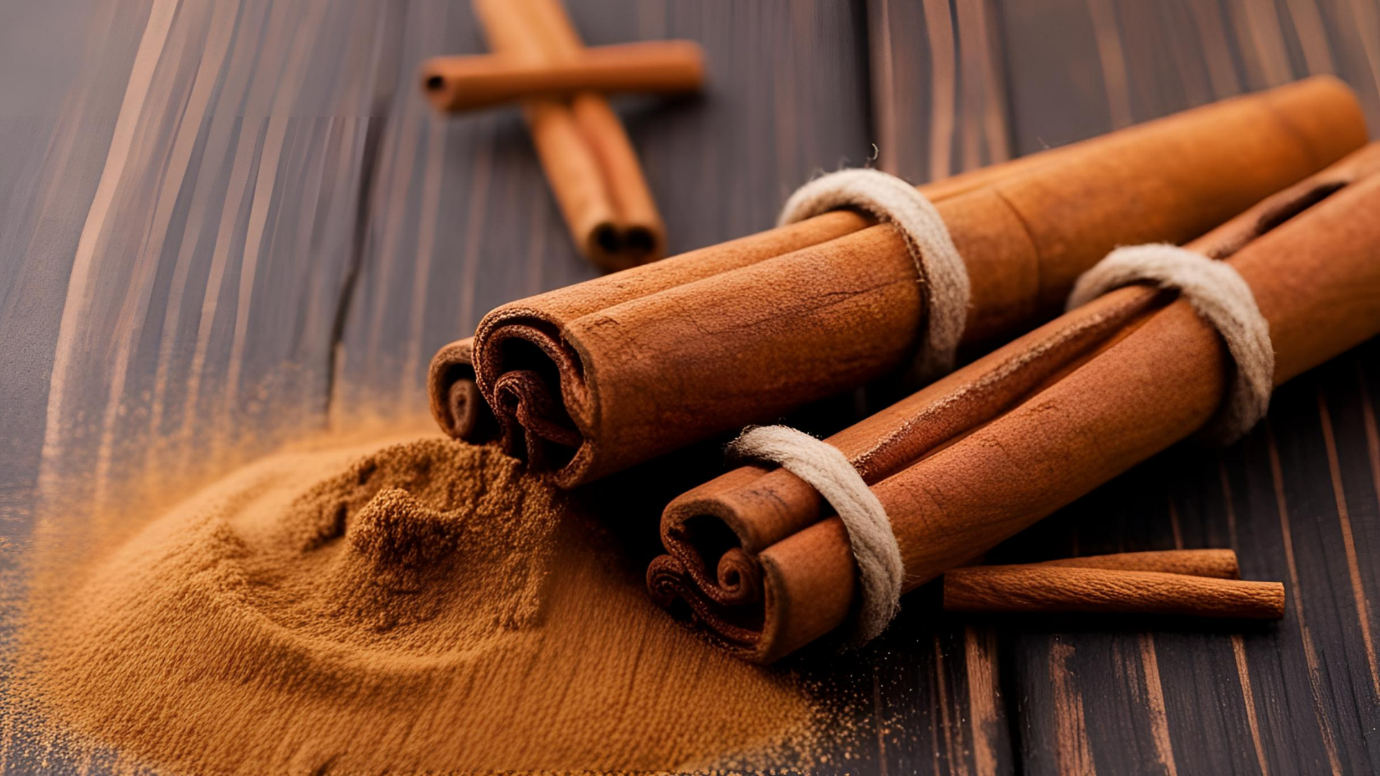
Both Ceylon and Cassia cinnamon, known for their distinct advantages, offer a sweetly warm taste that people love— plus surprising perks for your well-being.
a. Blood Sugar Regulation
Cinnamon boosts insulin sensitivity, helping cells take up glucose more effectively– a boon for anyone keen to manage their diabetes or prediabetes better.
b. Antioxidant-Rich
With antioxidants that tackle oxidative stress (damage from free radicals), cinnamon may help lower your risk for chronic conditions and keep you well.
c. Anti-Inflammatory and Antimicrobial
Here’s an added reason to sprinkle cinnamon on culinary dishes: It has infection-fighting powers!
And like it not enough already for its flavor enhancements; there also are compounds in the spice which appear capable of reducing inflammation.
Why not increase the flavor and benefits next time you cook by adding herbs and spices?
d. Heart Health
Consuming cinnamon on a regular basis has been linked to decreased cholesterol levels overall– including both “bad” triglycerides and LDL– plus increased amounts of “good” HDL cholesterol.
And that’s significant because having healthy numbers for all of these lipids could mean a lower risk of heart disease!
How to Use Cinnamon in Your Diet?
Add cinnamon to oatmeal, yogurt, or fruit for both extra taste and health points.
It also works well in baked goods, smoothies, curries, stews– you name it! Plus dropping a cinnamon stick into your tea or coffee is a fast way to get an infusion.
Black Pepper: The Ultimate Enhancer!

Don’t underestimate black pepper! It’s packed with health benefits because of piperine, an active compound it contains.
a. Enhancing Nutrient Absorption
The absorption of nutrients such as curcumin from turmeric is enhanced by black pepper.
For greater overall health benefits from other spices too, just add a pinch– it really does help!
b. Digestive Health
Pancreatic enzymes are stimulated by piperine which means improved digestion.
Proteins and nutrients can be broken down more effectively so there is less chance they will cause bloating or indigestion– your whole digestive system will feel the difference!
c. Antioxidant and Anti-Inflammatory
Include black pepper in your diet for overall well-being and disease prevention.
The antioxidants in black pepper safeguard cells from harm, and its anti-inflammatory effects can help control conditions such as asthma and arthritis.
d. Cognitive Function
New studies indicate that piperine could boost brain health and lower the risk of conditions like Alzheimer’s– possibly by cutting inflammation and stress in brain cells.
How to Use Black Pepper in Your Diet?
For added flavor and health perks, use a lot of black pepper when you cook. It goes with almost any savory food– try it in salads, soups, meat and veggies dishes alike!
Other Beneficial Spices to Consider
Turmeric, ginger, cinnamon, and black pepper are great– but don’t forget your everyday spices for good health!
- Garlic: Garlic wards off illness and lowers hypertension.
- Paprika: Paprika is great for eye and skin health– its packed with vitamins A & E!
- Cumin: Cumin not only aids digestion but could help balance blood sugar too.
- Cloves: Cloves are great for oral hygiene (plus they have strong antimicrobial effects).
The Bottom Line
Spices such as ginger, turmeric, black pepper and cinnamon are not just tasty additions to your meals– they have been used as natural remedies for centuries.
Why not find out more about the benefits these everyday superfoods could have for you? Start experimenting with spices today and see how good they can make you feel!

